China’s top military brass declares readiness for war amid growing tensions with US
China's defense minister General Wei Fenghe says the country's armed forces are on high alert and ready for war amid mounting tensions with the United States over Chinese Taipei.
Wei made the remarks in Beijing on Wednesday on the sidelines of the ongoing 20th National Congress of the Communist Party of China (CPC).
He warned that Beijing was running into “severe and grave national security conditions”, and said to weather the storm, the military needed to fully implement President Xi Jinping’s directives.
Armed forces must implement Xi’s directives on “strengthening the military and improving its ability to win,” Wei was quoted as saying by state-run Xinhua.
“The military has to maintain a high degree of vigilance, always prepare for war and resolutely defend the country’s sovereignty, security and development interests," he asserted.
Li Zuocheng, chief of the Joint Staff Department of the Central Military Commission, said the military needed to support the development of the nation, including enhancing combat readiness and military hardware, as reported by Chinese state media.
Speaking at the CPC's opening ceremony on Sunday, Xi reiterated Beijing's commitment to Taipei's peaceful reunification. However, he said Beijing will also use military force if reunifying Taipei required so.
The Chinese leader rejected any forms of separatism and interference over the wayward island, which Beijing sees as part of its territory
The CPC, which is a twice-a-decade event, is of great importance as it reports the country's progress since the last congress, states its present position and outlines future plans.
In response to Xi's speech, US Secretary of State Antony Blinken accused Beijing on Tuesday of planning to seize Chinese Taipei (Taiwan) "on a much faster timeline" than Washington had reckoned.
"We've seen a very different China emerge in recent years under Xi Jinping's leadership," Blinken said. "Beijing was determined to pursue reunification on a much faster timeline."
The fears of military confrontation between China and the US have escalated following a visit to Taiwan in August by US House Speaker Nancy Pelosi.
Saudi Arabia condemns Israel’s seizure of West Bank land, warns of regional instability
Israeli producer of anti-Iran propaganda series ‘Tehran’ dies in Greece
Diplomacy and deterrence: Iran focused on reaching nuclear deal – without compromise
British Museum faces backlash for eliminating references to ‘Palestine' from displays
Global outage hits X users: Thousands report access issues
US warship seizes second Venezuelan oil tanker in Indian Ocean
VIDEO | IRGC Navy holds 'Smart Control of Strait of Hormuz' military drills
Explainer: Jaam-e Jam 1 – Iran’s giant leap into geostationary orbit and a new broadcasting era


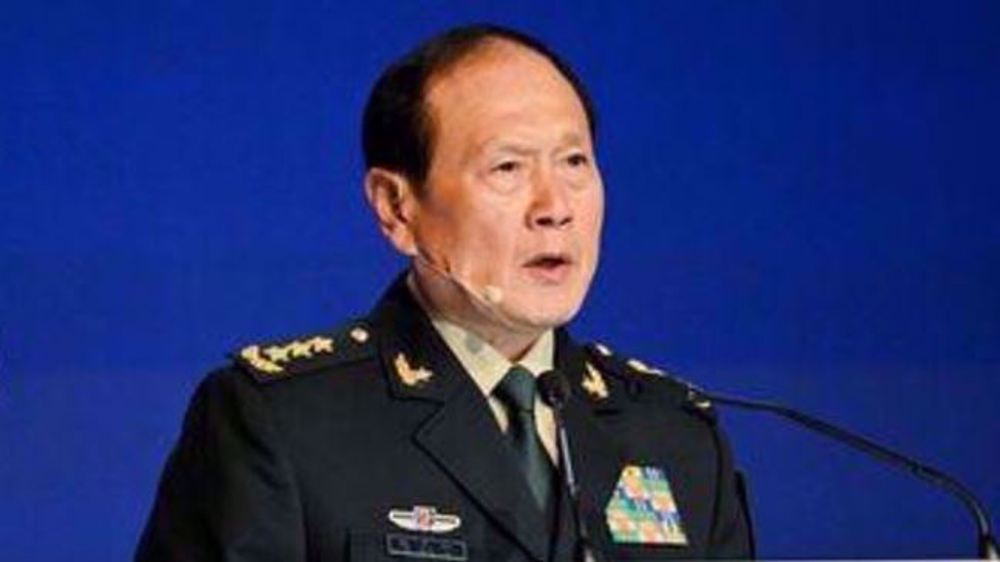
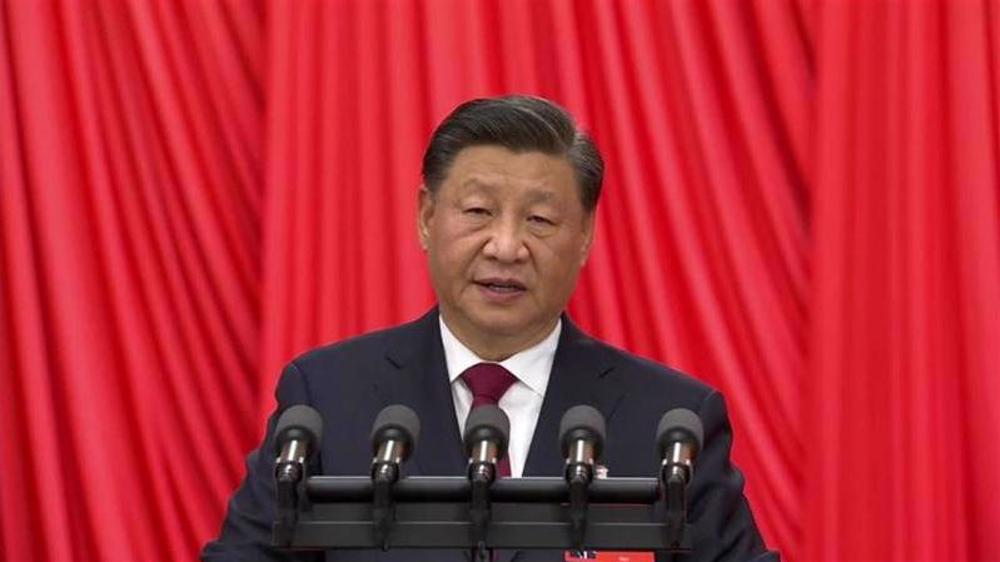
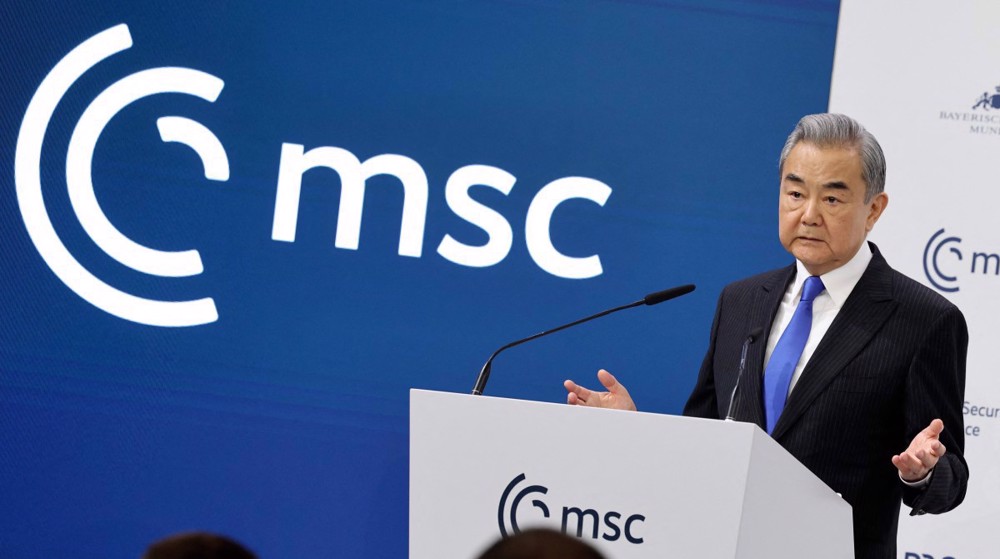
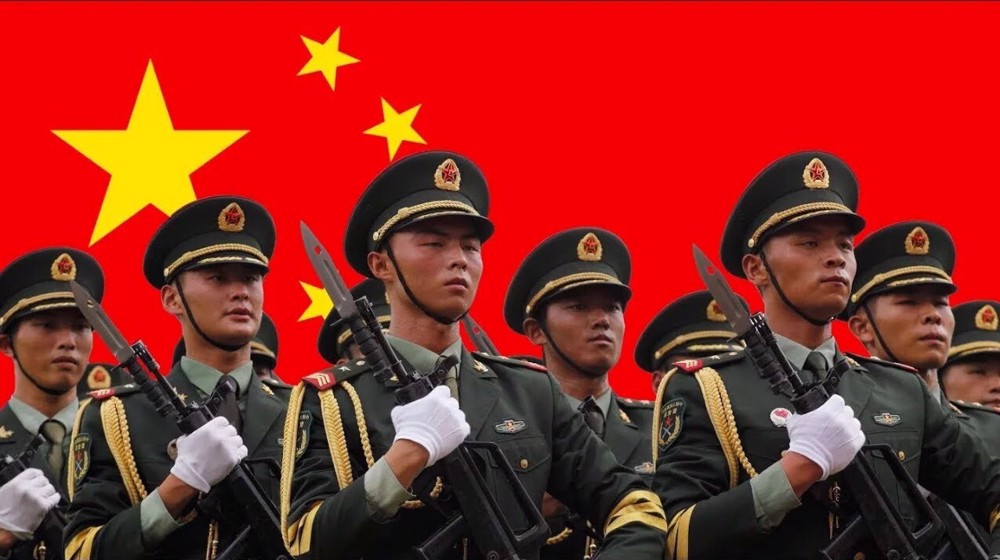
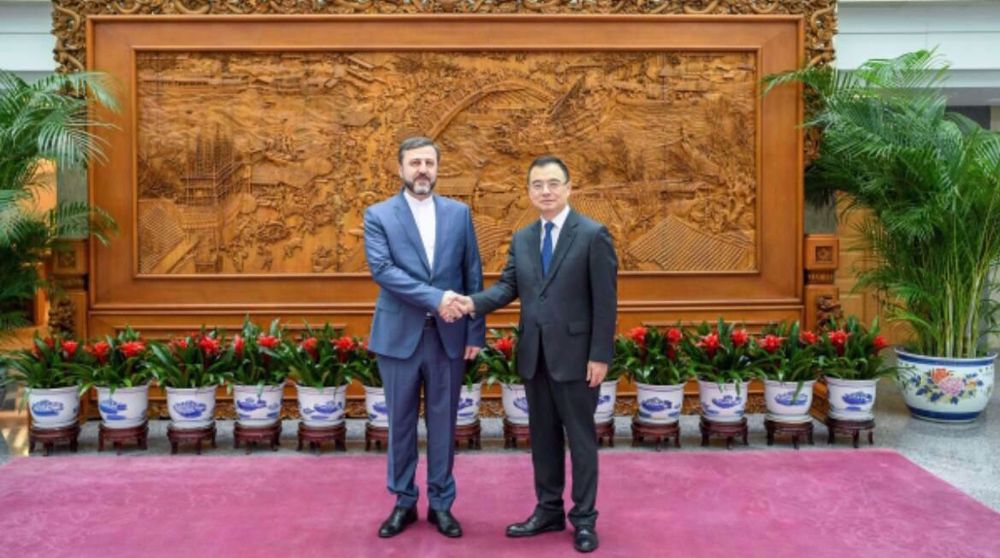



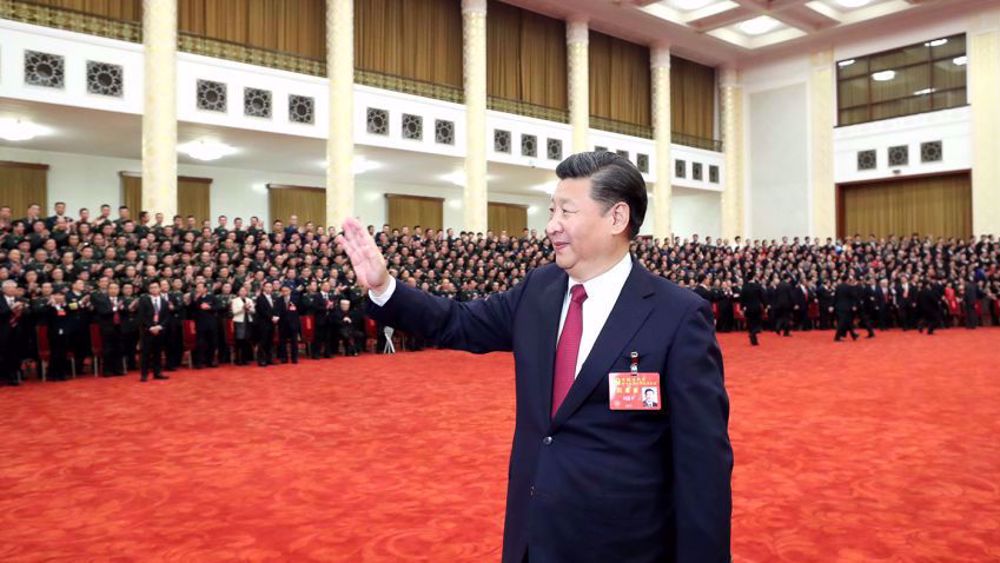
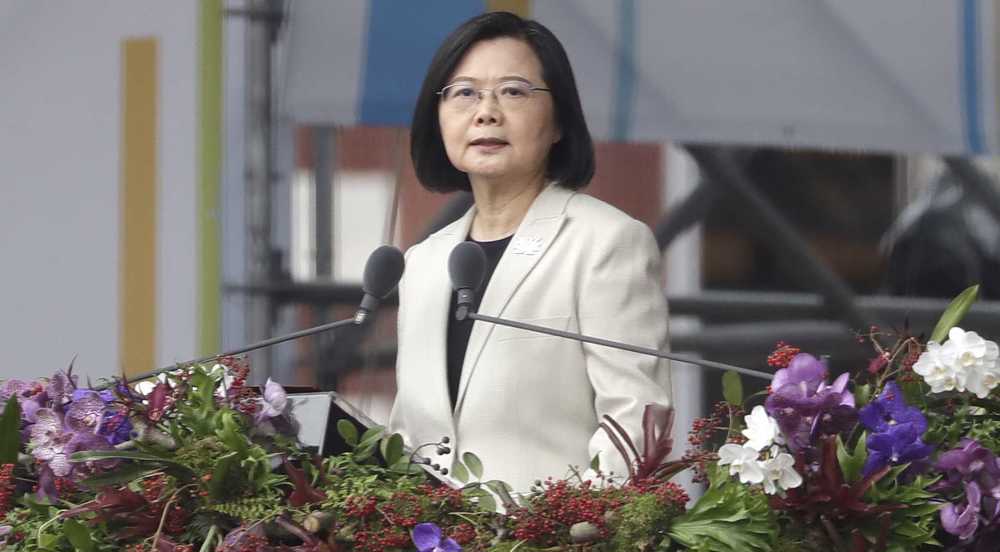
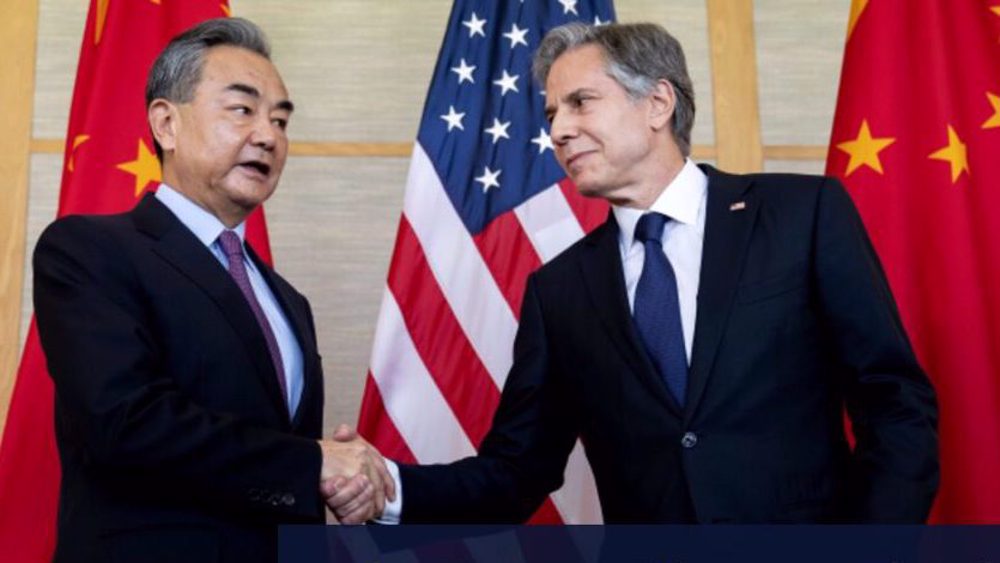
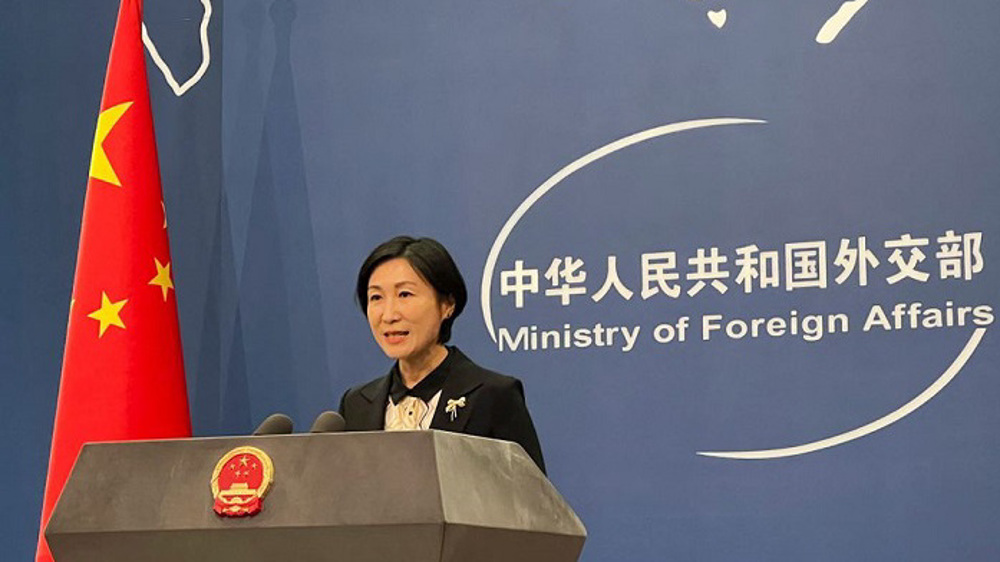
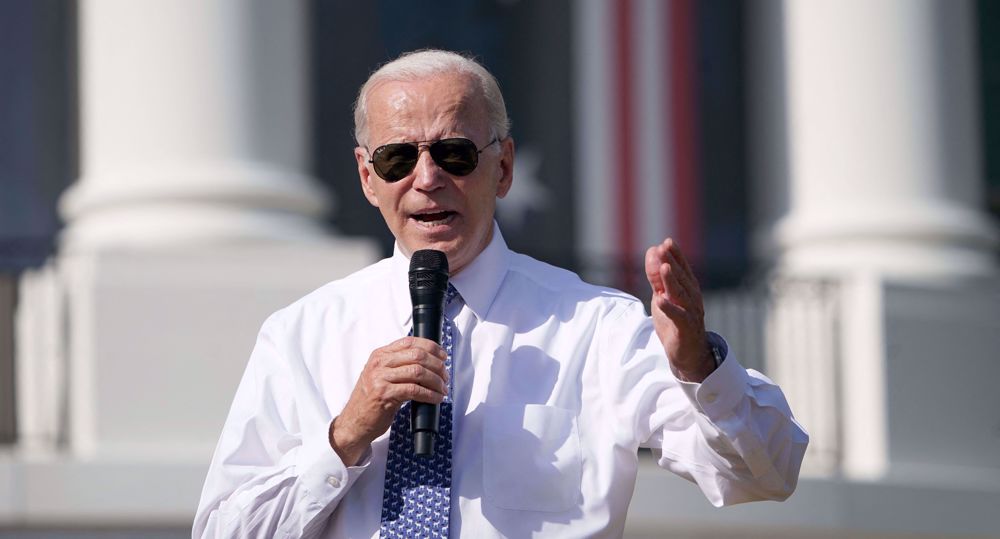

 This makes it easy to access the Press TV website
This makes it easy to access the Press TV website